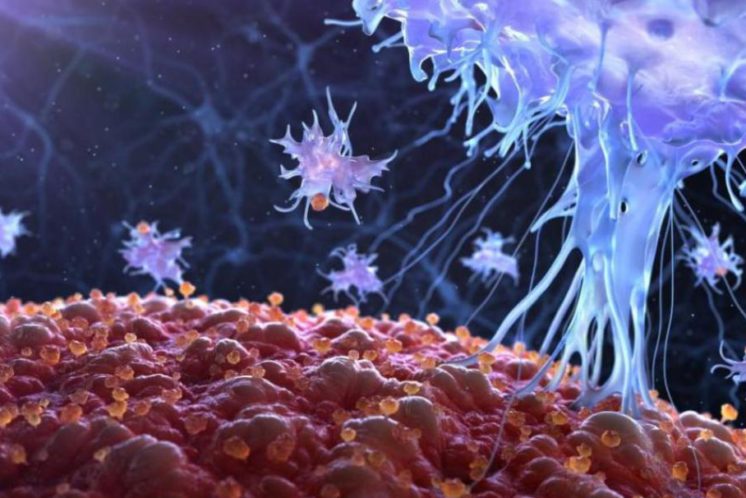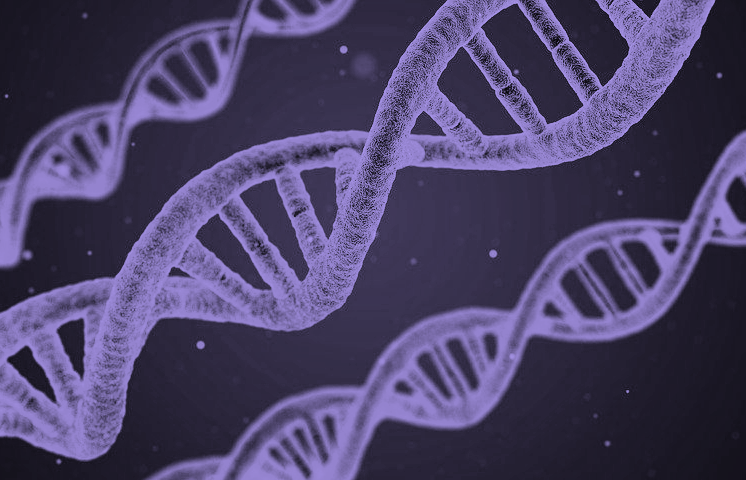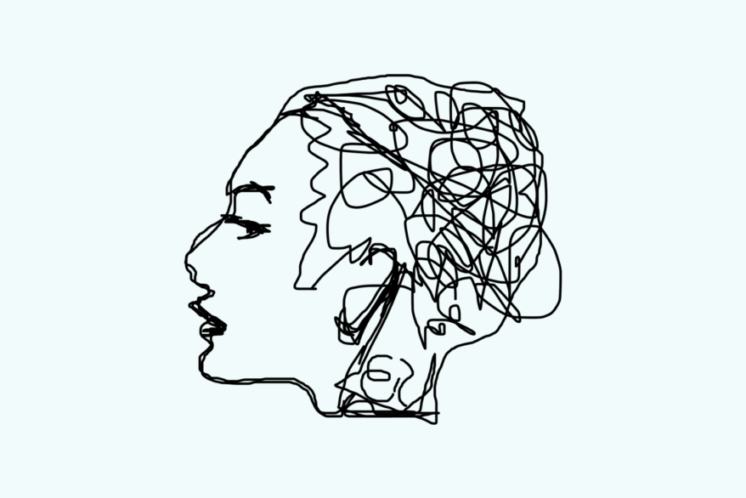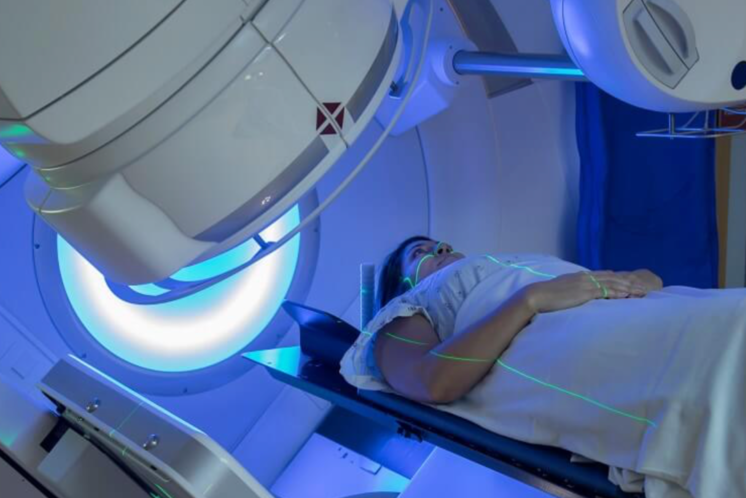
Chemotherapy and Breast Cancer: Navigating Treatment Safely
Chemotherapy is a treatment for breast cancer. Take steps to manage your health and well-being to navigate chemotherapy treatment safely.
Read more

Metastatic breast cancer: pathology, signs, and diagnosis
Metastatic breast cancer occurs when cancer spreads beyond the breast and lymph nodes, to other parts of the body.
Read more

Immunotherapy Uncovered: A Guide for Breast Cancer
Immunotherapy boosts the immune system to recognize and destroy cancer cells. This blog covers types of immunotherapy for breast cancer.
Read more

Understanding Your Breast Cancer Diagnosis: A Guide
It can be difficult to understand the information about your breast cancer diagnosis, this blog will break it down for you.
Read more

15 Things I Wish I Had Known When I Was First Diagnosed With Breast Cancer
A blog written by Carly Moosah listing 15 things she wishes she’d have known when first diagnosed with breast cancer.
Read more

Triple Negative and Me: TNBC and its treatments
If you have Triple Negative breast cancer, find out exactly what triple negative is and how it can affect your treatment plan.
Read more

Tamoxifen: what you should and shouldn’t avoid
Tamoxifen is one of the widely prescribed breast cancer treatments for premenopausal women.But, did you know that the effectiveness of this drug can be boosted or compromised based on everyday foods and drinks?
Read more

Choosing To Go Flat Instead of Breast Reconstruction
In this blog, the Breast Advocate® team discuss the process of choosing to go flat after breast cancer surgery.
Read more

How to deal with Tamoxifen side effects
In this blog we explain how tamoxifen works, common side effects and management strategies to help deal with these.
Read more

Self Advocacy and Breast Cancer
Self advocacy and being an active participant in your health care team is a process. Useful approaches may vary between individuals. This blog aims to help those who wish to further participate and have a more active role in their own care but feel unsure how to begin.
Read more

Cancer Related Fatigue is not “just tiredness”
Cancer-related fatigue is a common and weakening side effects of cancer. People with cancer know what being tired normally feels like; this feeling of fatigue is different.
Read more

BRCA: the inherited risk of breast cancer
BRCA is one of the most well-known genes influencing the risk of cancer. Explore exactly what it is, the associated risk of breast cancer, and treatments in development to target these genes.
Read more

Hot flushes: What causes them and how to manage them
Are you experiencing hot flushes? This blog explores what causes them and tips to help you manage them.
Read more

Hair Loss & Cancer Treatment – Why does it happen and what can I do about it?
In partnership with HeadWrappers this blog looks at cancer treatment related hair loss and management techniques.
Read more

Urogenital Problems and Breast Cancer Treatment
While not always discussed in the doctor’s office, breast cancer treatment can have an effect on the genital and urinary areas.
Read more

What is Chemo-brain and what can I do about it?
Find out about possible causes and treatment options for the cancer side effect commonly referred to as chemo brain.
Read more

Tumour gene tests: What are they and why should you know about them?
Genomic tests have changed how cancer is treated. In this blog we explain the objective and the different types of genomic tests available.
Read more

Hormone therapy resistance: What you should know
Find out what hormone therapy resistance means, how it happens, and how it may affect you and your treatment plan.
Read more

Your Pathology Results Explained
Your pathology results contain valuable information that will determine the type of treatment you receive. This can help you better understand your diagnosis and treatment plan. Start learning all the nitty-gritty details of a pathology report!
Read more

Lymphedema and Cording: The science behind them
Lymphedema & cording are both commonly overlooked breast cancer treatment side effects. Learn more about how they can affect the body in this blog!
Read more

Demystifying fear of breast cancer recurrence
Fear of breast cancer recurrence is one of the most common topics cancer survivors discuss. Learn more about it and how to manage it.
Read more

Lumpectomy and radiotherapy: All you need to know
Find out everything about lumpectomy and radiotherapy, as well as some results from recent clinical trials, and useful tips for you to manage common side effects caused by these treatments.
Read more

5 Facts You May Not Know About Breast Cancer
From its first record to the discovery of its common treatments, uncover more about breast cancer.
Read more

Tamoxifen vs. Aromatase Inhibitors – How do they work?
Both tamoxifen and aromatase inhibitors are hormonal therapies used in the treatment of estrogen positive breast cancers to stop tumor growth and recurrence.
Read more
